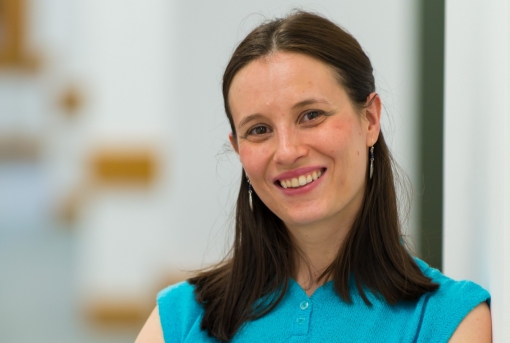
I spoke recently to Barbara McGillivray. She researches on machine-learning models for the change in the meaning of words in historical times (Ancient Greek, Latin, eighteen-century English) and in contemporary texts (Twitter, web archives) at the Alan Turing Institute.
SEMANTiCS: In your research, you investigate language change through time and use NLP and data science techniques to do this. How do Semantic Technologies play a role here?
Barbara McGillivray: This research area spans across various fields, from linguistics to conceptual history, from lexicography to NLP. Despite a growing interest in the topic, there’s still a lot that we can do, however, to combine approaches from different disciplines and make really big advances. Semantic Technologies, and in particular diachronic ontologies as linguistic linked open data, have the potential to integrate together different kinds of relevant information about language change and to make this information available in an accessible and easily re-usable form. I’m looking at these questions with my collaborators in the COST action “Nexus Linguarum, the European network for Web-centred linguistic data science” and I’m looking forward to seeing what the near future brings.
SEMANTiCS: Digital Humanities is an inherently interdisciplinary field. What would you say is the key in fostering sustainable collaborations between humanities and computer science researchers?
Barbara McGillivray: I think language is a really important factor (though this isn’t surprising since I’m a linguist!). A lot of the time we discover that we mean different things by using the same words, so being very transparent about our assumptions can take us very far in understanding each other’s expectations and having successful collaborations.
SEMANTiCS: Together with Albert Meroño Peñuela you organize the DH & CH subtract of Semantics this year. What are your expectations for this at Semantics 2021?
Barbara McGillivray: My expectation (and my hope) is to continue to see a growing interest in DH and CH among the Semantic Technologies communities and vice versa, and based on the submissions we’ve received, I think we will have an interesting and diverse program this year.